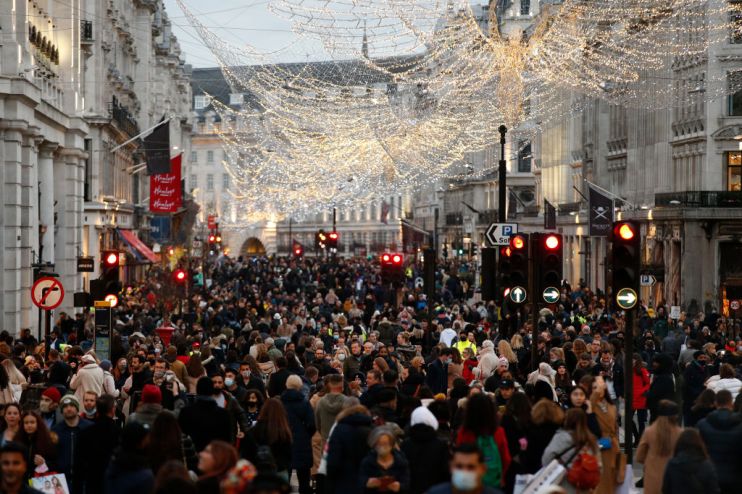Britons will not splurge Covid-19 savings on post-lockdown spending spree, says OBR

Britons will not embark on a post-lockdown spending spree with funds saved during the Covid crisis, according to a senior member of the UK’s budgetary watchdog.
The Office for Budget Responsibility’s (OBR) committee member Sir Charlie Bean told MPs today that of the £180bn in excess savings Britons have accumulated during Covid-19, only “a relatively small fraction will be leaking into consumer spending”.
Bank of England chief economist Andy Haldane said last month that large household Covid savings could see the UK economy benefit from an explosion in consumer spending post-lockdown to help charge a rapid economic recovery.
The past year’s declining costs and £400bn of government spending on Covid support has led to a large amount of savings for some Britons, with more than £18bn estimated to have been saved by households in January alone.
However, Bean said OBR modelling shows that 5 per cent of Covid-19 savings will be spent each year for the next five years, denting hopes of a massive surge in 2021 consumer spending to above pre-Covid levels.
Speaking to parliament’s Treasury Select Committee, he said: “All the evidence of consumer behaviour shows people like to smooth their spending in the face of fluctuating income.
“You would not expect households to go out and blow it all in the next quarter or two. There may be a sort of euphoric, post pandemic effect – people so pleased to get out the other side that they treat themselves to a special holiday or go out for more expensive meals or some fancy cars.
Before the Open newsletter: Start your day with the City View podcast and key market data
“There may be a bit of that, but the bulk of it will be saved.”
The OBR’s latest economic forecast last week predicted GDP growth to hit 4 per cent in 2021 before surging to 7.3 per cent next year, which would be the highest one-year figure since 1941.
It comes after the economy contracted by just under 10 per cent in 2020.
Bank of England governor Andrew Bailey today said his diagnosis of the UK’s economic recovery prospects was “positive, but with large doses of cautionary realism”.
He told the Resolution Foundation think tank that there would be “less economic scarring” than previous UK recessions in the 80s and 90s.
“It seems likely that task and job reallocation and capital redeployment has increased since then, for instance because workers will need less significant retraining to move between sectors,” he said.
“In our assessment, the supply capacity of the economy is expected to be around 1.75 per cent lower than it otherwise would have been in the absence of Covid by the end of our forecast period. But, of course, there are risks on both sides of this assessment.”